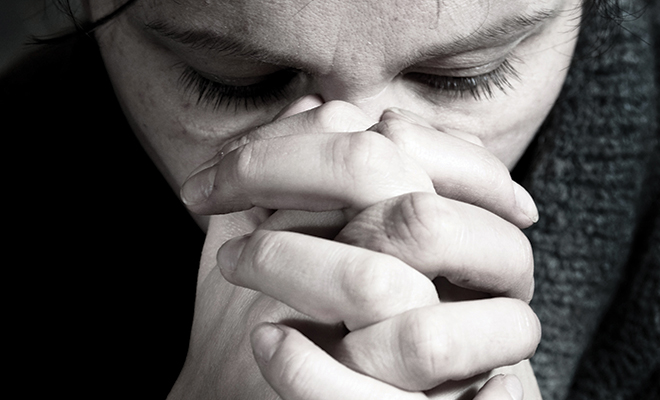
Digging Through It: High-Functioning Depression
Katie starts her day like many of us. She wakes up around 6:00 a.m., walks a couple of miles in her neighborhood, then gets breakfast ready for her twins. She sips a cup of coffee while going over the week’s schedule with her husband and prepares to spend the day with her youngest child. But as nice as her morning sounds, Katie often spends her afternoons sad, lethargic and disheartened.
According to a 2020 report from the National Institute of Mental Health, an estimated 21 million people 18 years or older experience at least one major depressive episode annually. Perhaps more interesting is that anxiety disorders are the most common mental illness in the United States, affecting over 40 million people.
Depression is generally classified from mild to severe, with severity measured in four areas: frequency and duration, intensity of the symptoms, number of symptoms and overall impairment. Some people experience what is called high-functioning depression, a colloquial term used to describe hidden symptoms. It is clinically termed persistent depressive disorder, or PDD, which can have serious effects on a person if it is not properly addressed or treated.
A person with high-functioning depression experiences symptoms of a depressive disorder, but to outside appearances, may look or seem fine. While there are no estimates for the number of people suffering from it, it’s often used to describe people living with less debilitating symptoms of depression. The symptoms can be completely different from person to person and are often unrecognized by family or friends.
Since someone struggling with high-functioning depression may have less severe symptoms, they often function fairly normally. They may do well in school or at their job, they manage responsibilities at home and engage in social events or activities. They are completing everyday tasks, often exceptional tasks, but not feeling good.
A person with high-functioning depression may not realize or understand that they’re depressed. The signs and symptoms often go undetected, and someone suffering from it may think their feelings are normal. Even if someone knows they are depressed, they might feel ashamed about their condition and misguidedly feel they should overcome it on their own. But depressive feelings rarely get better without treatment and can also get worse.
Experts say it is a good idea to check in with our loved ones, especially those who seem to be stronger. These loved ones can appear like they are handling stress, pressure or everyday life with poise and power, when they are really just going through the motions. In our ever-changing world of uncertainties, pandemics, political division and disheartening daily news, our strong friends can become overwhelmed, often masking how they really feel.
Talking with our relative or friend about the symptoms or behaviors we are seeing can be helpful. Depression, even high-functioning depression, is a medical condition, not a weakness or flaw. Looking for professional help is a great start. A medical doctor or mental health specialist such as a licensed counselor or psychologist will be able to offer treatment, therapy and other options to possibly feeling better.
A therapist or counselor can help someone identify the negative feelings and habits that may be contributing to unhappiness and establish a base to work from to improve symptoms. A therapist or counselor can also decipher if medications, family history or environmental factors may be linked to someone’s sadness. As with symptoms, treatments may vary from person to person. Often, just sorting through feelings can be helpful. Other treatments such as medication, learning mindfulness skills and doing activities linked to improving mood, such as exercise, can be very beneficial. Experts say just realizing or admitting the feelings can start a journey toward feeling better.
As a concerned friend or relative, offering to help set up appointments, attending counseling sessions or asking questions is a meaningful way to express our desire to help and understand what our loved one is going through. If these strategies aren’t helping, completing a mental health treatment program may be the answer. For those with severe or possibly life-threatening issues, experts say to contact a doctor immediately or involve emergency medical services right away.
For most people with high-functioning depression, the hardest part is realizing there is a true, underlying mental illness. But getting help is essential, because a diagnosis and treatment can improve mood, outlook and everyday functioning, which can lead to a better quality of life.
Sources: healthline.com, bridgestorecovery.com, mayoclinic.org.
Recognize the Signs
The most common symptom for high-functioning depression is being in a depressed mood for most of the day, many days out of the year. Other symptoms may include some or all of the following:
• Lack of energy/fatigue
• Decreased appetite or overeating
• Insomnia or oversleeping
• Low self-esteem
• Loss of focus, difficulty concentrating and making decisions
• Feeling sad and hopeless







